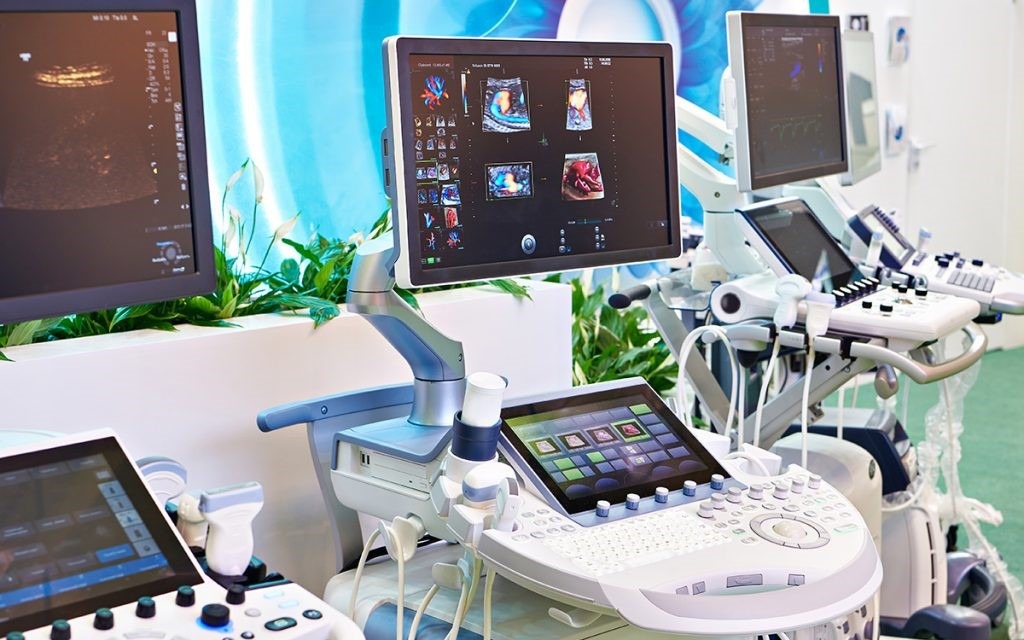Medical device batteries undergo stringent testing and adhere to strict regulatory standards to ensure safety, reliability, and performance in critical healthcare applications. The medical battery pack technology differs significantly from consumer-grade batteries due to the unique demands of healthcare settings. Unlike consumer batteries used in everyday devices like smartphones or laptops, medical device batteries must meet rigorous standards to ensure patient safety and device reliability. These batteries power essential equipment such as heart monitors, analyzers, pumps, dental tools, and personal healthcare products, where even a momentary power failure can have serious consequences.
Safety, Quality, and Reliability Designed-In
As a prominent medical device battery manufacturer, Emerging Power places utmost importance on safety, quality, and reliability throughout the battery pack design and assembly process. Our dedicated engineering team works closely with clients to comprehend their unique needs and regulatory responsibilities. We meticulously curate top-tier components, including cells sourced from reputable manufacturers, to guarantee peak performance and durability.
Addressing Unique Challenges
- Regulatory Compliance: Medical device batteries must adhere to stringent regulations set by organizations like the FDA and ISO. Meeting these standards requires meticulous documentation, testing, and validation throughout the entire manufacturing process.
- Patient Safety: Unlike consumer batteries, medical device batteries often come into direct contact with patients. Therefore, they must be free from contaminants and manufactured using materials that are safe for human use.
- Reliability: Medical devices are relied upon for critical healthcare functions. Battery failure is not an option, making reliability a top priority. This requires thorough testing and quality control measures to identify and address any potential issues before deployment.
- Longevity: Medical batteries are expected to have a longer lifespan compared to consumer batteries. They must maintain consistent performance over extended periods to ensure uninterrupted operation of medical devices.
- Environmental Impact: Medical device batteries must also consider environmental factors, such as disposal and recycling. Unlike consumer batteries, which may be discarded after use, medical batteries often contain hazardous materials that require proper handling and disposal. Manufacturers must implement sustainable practices, including recycling programs and eco-friendly materials, to minimize the environmental impact of medical device batteries throughout their lifecycle.
The Role of Advanced Technologies
Advanced battery technologies play a crucial role in meeting the unique challenges faced by medical device batteries. Lithium-ion batteries, for example, offer high energy density, long cycle life, and reliable performance, making them well-suited for medical applications. Additionally, innovations in battery management systems (BMS) enhance safety by monitoring and regulating battery performance in real-time.
Wrapping Up
Medical device batteries differ significantly from their consumer counterparts due to the stringent requirements of healthcare applications. Medical battery pack manufacturers like Emerging Power prioritize safety, quality, and reliability to ensure that their products meet the exacting standards of the medical industry. By addressing unique challenges and leveraging advanced technologies, these batteries play a vital role in supporting critical healthcare functions and improving patient outcomes.

